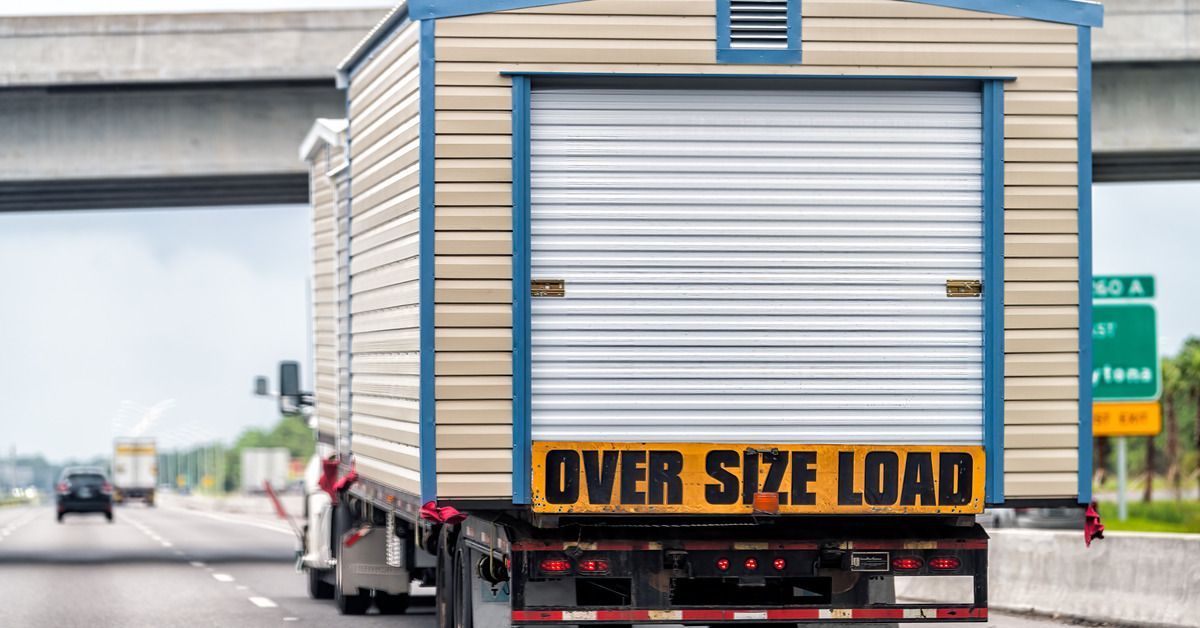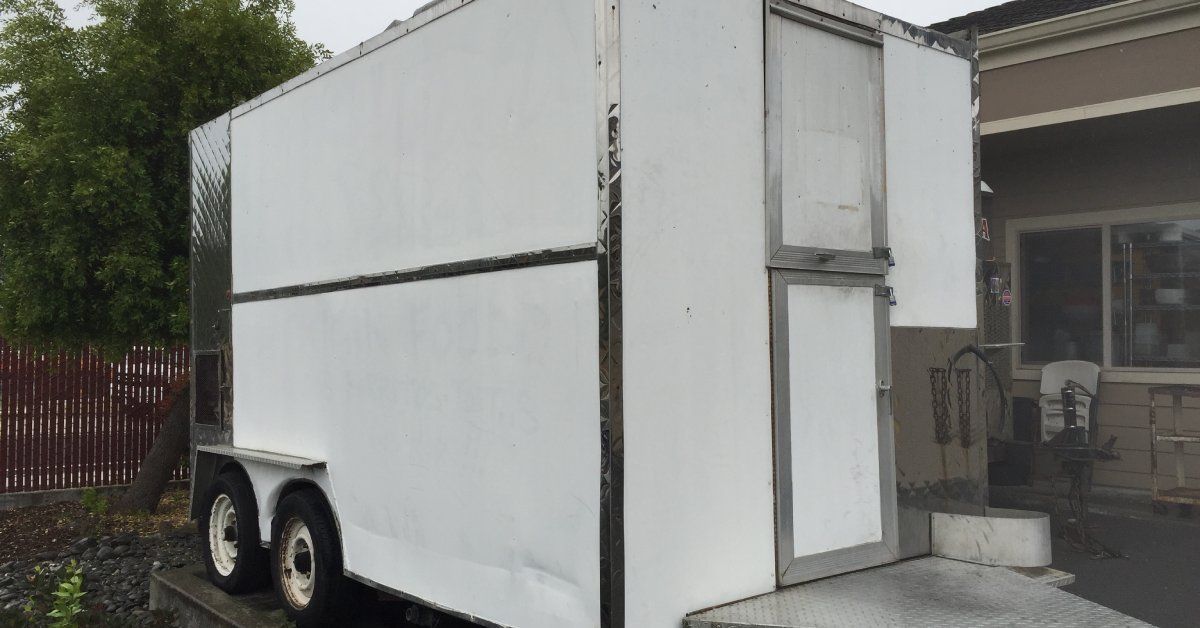3 Safety Tips for Transporting a Tiny House

Transporting a tiny house requires careful planning and execution to ensure safety and protect your investment. This article provides three safety tips for transporting a tiny house that can make the process seamless and stress-free. By following these recommendations, you can rest assured that your tiny house will arrive at its destination without any mishaps.
Preparing Your Tiny House for Transport
Start by securing all loose items inside your home. Ensure that furniture, appliances, and personal belongings are fastened securely and won't shift during transit. Consider using straps and protective padding to keep everything in place.
Next, check the structural integrity of your tiny house. Inspect the exterior for any damage that might worsen during transportation. Reinforce weak areas and repair any damage before the move. Pay special attention to the roof and windows, as they are more prone to damage during transit.
Finally, disconnect utilities such as water, electricity, and gas lines. Ensure that all utility connections are safely capped and cannot cause hazards during transport. Double-check that the house is ready for travel and that you have not left anything behind.
Choosing the Right Transport Vehicle
Selecting the appropriate vehicle for transporting a tiny house is essential for a safe and efficient move. Your vehicle should be capable of handling the weight and dimensions of your tiny house. It's important to assess the towing capacity and ensure the vehicle has proper hitching equipment.
When choosing a vehicle, consider the terrain you'll be traversing. A powerful truck with four-wheel drive is often ideal for uneven or challenging roads. In case of unexpected issues, it's also wise to have a backup plan, such as a second vehicle or spare tires.
Before embarking on your journey, thoroughly inspect the transport vehicle. Check tire pressure, brakes, lights, and mirrors. Ensure that all necessary permits and documentation for transporting a tiny house are in order. Proper preparation will minimize risks and contribute to a smooth transport experience.
Hiring Professional Movers
For many, hiring professional movers is the safest option when transporting a tiny house. Experienced tiny house movers possess the expertise and equipment to handle the challenges of transporting such a unique structure. Their knowledge of regulations and best practices ensures your home is moved legally and efficiently.
Professional movers can provide valuable insights into route planning and potential obstacles. They are equipped to manage any issues that may arise during transport, reducing the risk of damage to your home. By entrusting your tiny house move to experts, you can avoid common pitfalls and focus on settling into your new location.
In conclusion, adhering to these three safety tips for transporting a tiny house ensures a successful and safe relocation. Each step plays a crucial role in protecting your investment.
If you’re ready to hire a professional, our team of experienced tiny house movers is ready to assist you in making your transition as smooth and secure as possible.












